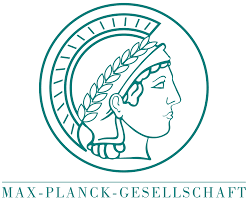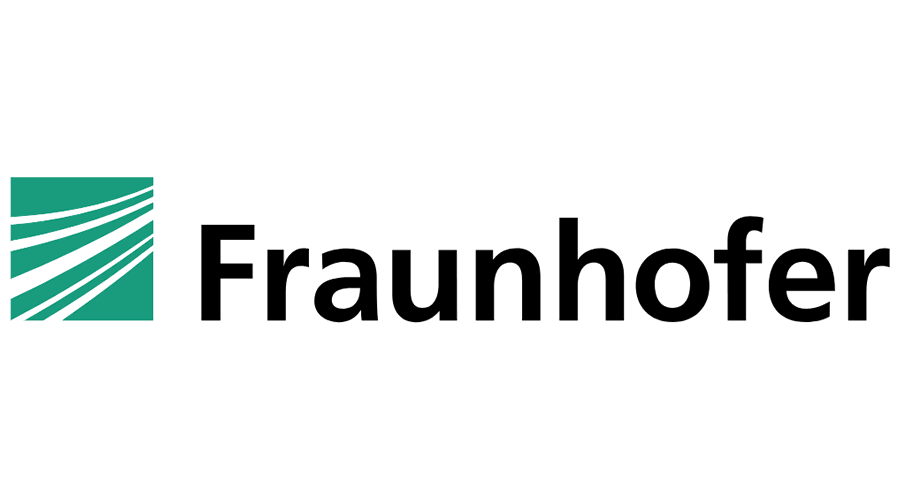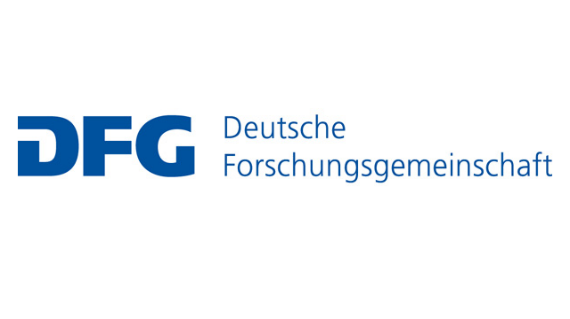Effect of fabrication parameters on physical properties of metakaolin-based ceramic hollow fibre membrane (CHFM)
Ceramic hollow fibre membranes (CHFMs) are known to have superior characteristics including excellent thermal, mechanical, and chemical stability. Major limitations include their high cost and brittleness, traits which have hindered the commercial adoption of this technology. This paper studies the effects of three main fabrication parameters, i.e. ceramic content, bore fluid flowrate, and sintering temperature, on morphology and mechanical strength of low-cost CHFM from a well-known material in producing high strength concrete, i.e. metakaolin. The novel CHFM from metakaolin was prepared via a combined phase inversion and sintering technique. Scanning electron microscopy (SEM) and three-point bending strength were employed to examine the hollow fibre's morphology and mechanical strength. Response surface methodology (RSM) based on historical data design (HDD) was used to further verify experimental and predicted values for mechanical strength in terms of the three operating parameters mentioned above. The highest mechanical strength of 225.8 MPa was obtained with 37.5 wt% metakaolin content and 3 mL/min of BF flowrate at a sintering temperature of 1500 °C. The desirability of this work is 0.985, indicating that RSM is a suitable approach to validate the effects of fabrication parameters on the mechanical strength of metakaolin-based CHFM.

















